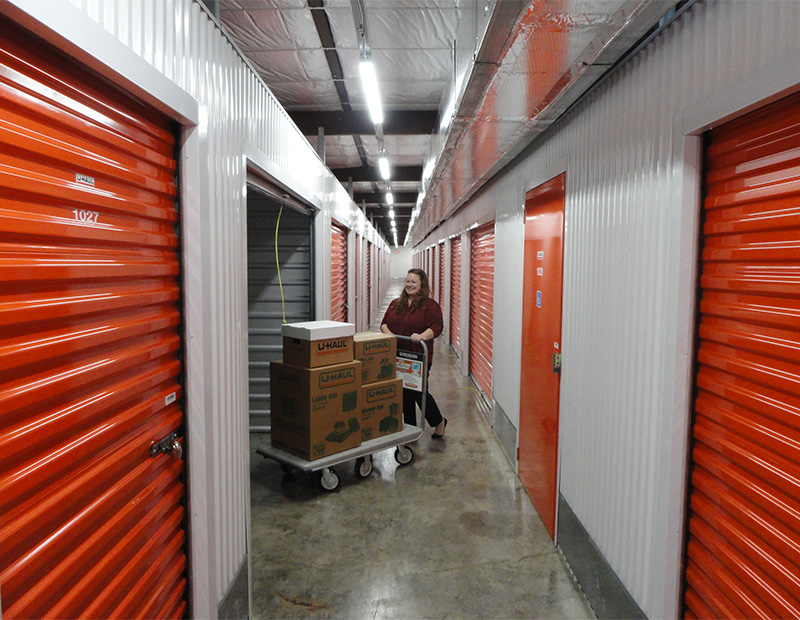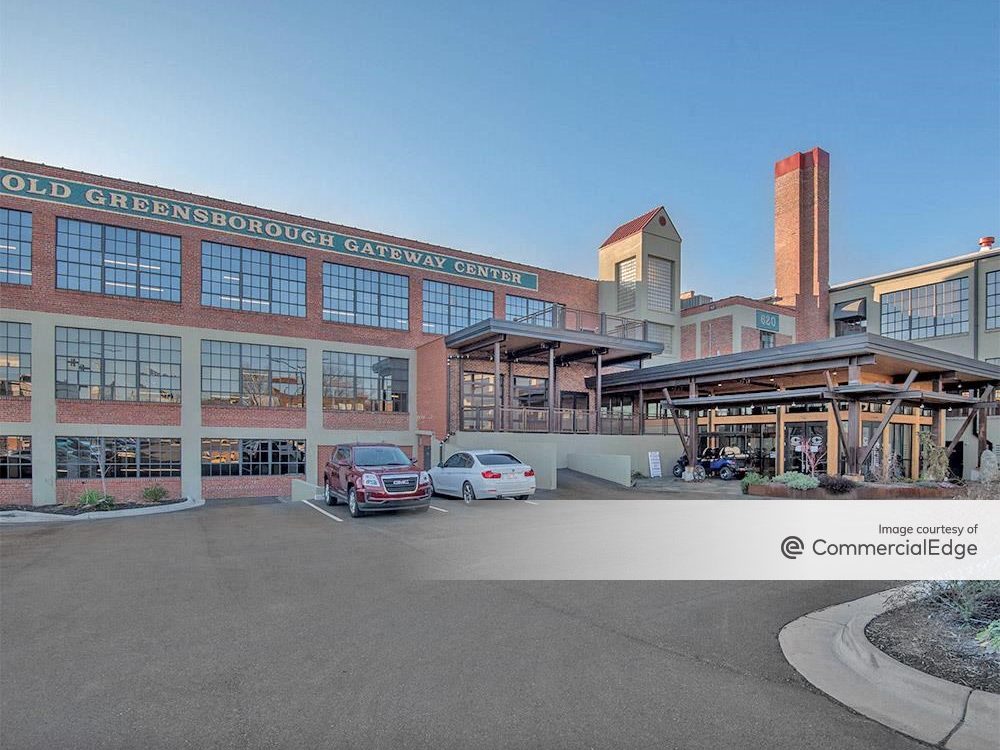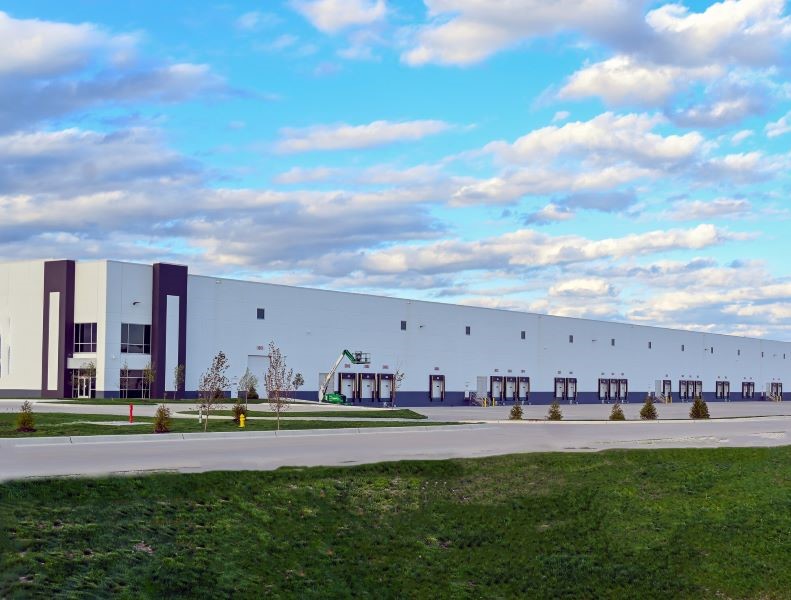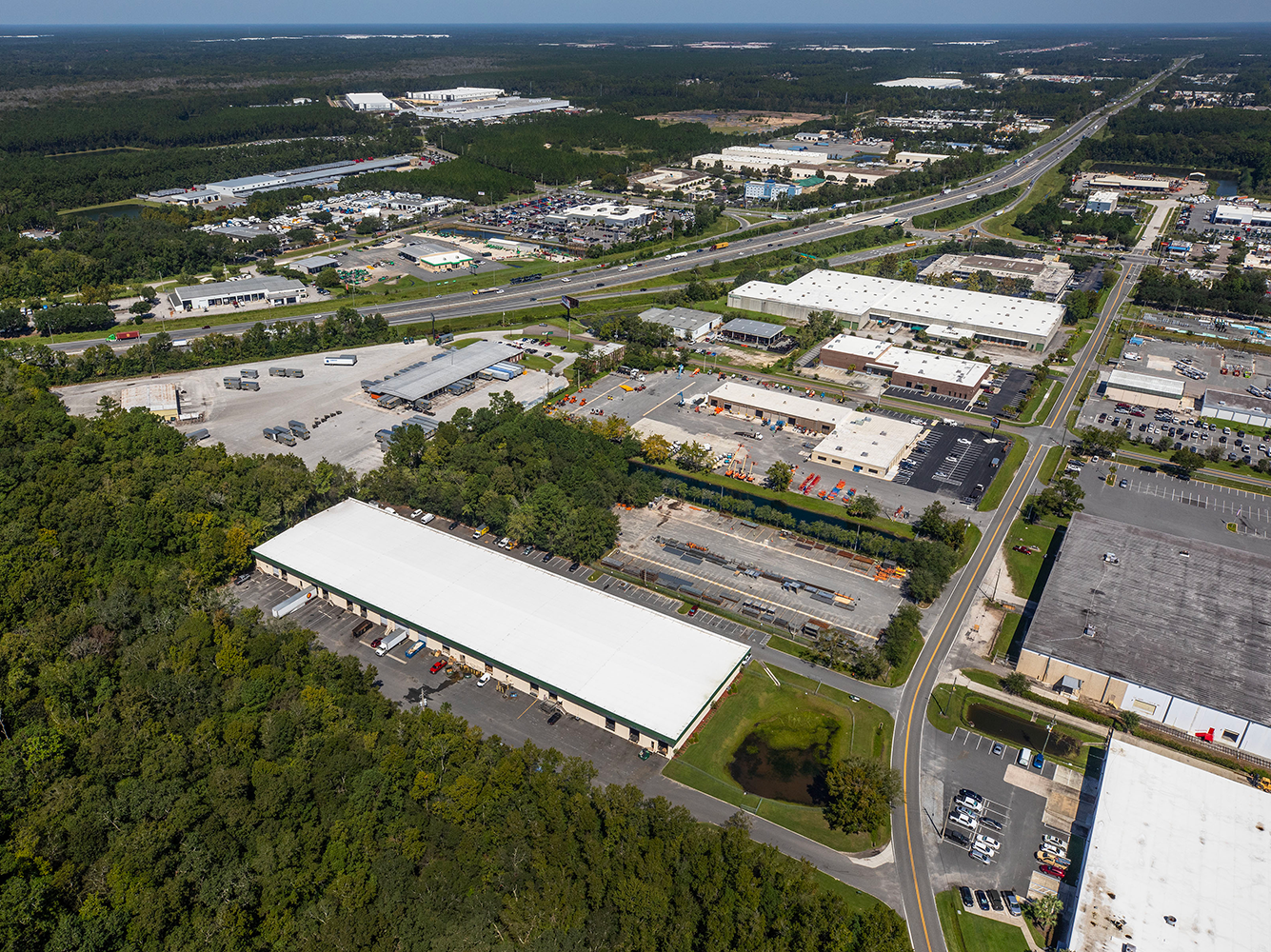Self Storage Responds Well to Pandemic
Investment is pouring into the sector despite downward pressure on rents and concerns about oversupply.
Disruption and downsizing tend to drive self storage demand, so it’s perhaps unsurprising that the industry is holding up well through the coronavirus crisis. The uncertainty has weighed on rents, which were already falling in many markets before the pandemic due to significant overbuilding. But delinquencies have not risen as expected and development remains active.
READ ALSO: Top 5 Florida Markets for Self-Storage Development
“When we went into lockdown in March, we saw less move-ins in self storage, but we also saw less move-outs, so things stayed pretty level,” noted Vice Chairman Mike Mele, leader of Cushman & Wakefield’s national self storage advisory group. Markets that were affected the most, such as New York, saw strong performance in June and July as pent-up demand has returned.

Investors are hungry for self storage assets and the lending environment has turned favorable. Despite the sluggish lease-up of newly opened facilities, the sector is widely viewed as a hedge against volatility. Image courtesy of U-Haul
Newly opened facilities, however, are leasing up slower than anticipated, resulting in lower street rents and more concessions, Mele said. “Whether this would have happened without COVID-19, I don’t know.” According to data from Yardi Matrix, the average street rate for a standard 10×10 non-climate-controlled unit declined 4.3 percent year-over-year to $112 in May.
Despite the softening rents, investment is pouring into self storage, pushing cap rates down slightly, as investors look to hedge against a downturn and challenges in other property types. Cushman & Wakefield managed to salvage a portfolio deal in Memphis, Tenn., that was under contract and almost through due diligence when COVID-19 shut down the commercial mortgage-backed securities market, jeopardizing financing for the eight-property sale. Ultimately, new lenders were brought in and the deal closed in June. “The desire to be in self storage kept this group pushing on,” Mele noted.
Sector Insights rotates among office/medical office, industrial, retail, multifamily, self storage and hotel/hospitality.







You must be logged in to post a comment.